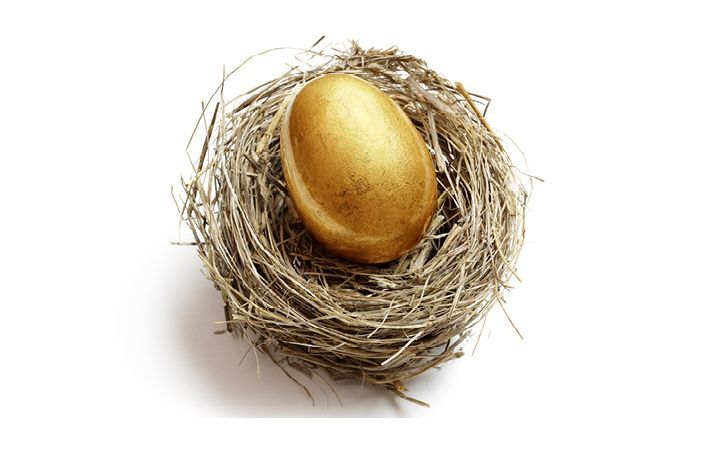Super and bankruptcy, can creditors access my benefits? Superannuation is an effective investment structure for asset protection, but a questionable contribution into super could jeopardise some of your benefits in the event of bankruptcy. How you access your benefits can also make a big difference.
 Don’t wait until you’re in hot water! Know the basic bankruptcy rules in advance to help you plan for long-term asset protection.
Don’t wait until you’re in hot water! Know the basic bankruptcy rules in advance to help you plan for long-term asset protection.
Super and bankruptcy, can creditors access my benefits? Everyone is concerned about asset protection, and understanding how your superannuation is protected in the event of bankruptcy can help you make long-term decisions about the best structures for holding your wealth.
The general rule is that your superannuation balance is protected in the event of bankruptcy – unlike most assets you own personally.
This means your bankruptcy trustee (the person appointed to administer your bankrupt estate) cannot access your superannuation for distribution among your creditors. This asset protection is yet another reason why many Australians seek to hold their wealth in the superannuation environment.
Super and bankruptcy, beware of the claw-back
Super and bankruptcy, can creditors access my benefits? Despite this general protection, there’s one important caveat to be aware of: wealth you’ve intentionally contributed into superannuation in order to defeat creditors can be taken back by your bankruptcy trustee and used to pay your debts.
Specifically, this “claw-back” applies if your main purpose in making a superannuation contribution was to prevent that wealth from being available to your creditors, or to hinder or delay your creditors. Similarly, where the contribution is made by a third party on your behalf (eg your employer, in a salary sacrifice situation), the claw-back can apply if you, as the beneficiary, had that purpose of hindering creditors when you arranged for the third party to make the superannuation contribution.
There are a couple of traps in this area that it pays to be aware of:
- By law, you’re deemed to have had the intention of defeating creditors if it can be shown that at the time of making the super contribution you were, or were about to become, insolvent.
- Additionally, if you didn’t keep proper records of your financial position as would be expected for someone in your position, it’s automatically assumed you were, or were about to become, insolvent – unless you can actually prove otherwise.
This could be a big problem for someone who later becomes bankrupt but has inadequate financial records from the time of their super contribution! It therefore helps to consistently have good records in place showing your financial position.
Even if you have good records and were clearly solvent at the relevant time, another factor that will be considered is whether the super contribution was “out of character” for you. An unusual contribution is not fatal, but will raise suspicions. Therefore, having some evidence showing why you made a large, unusual super contribution may help to refute any suggestion you were trying to defeat creditors.
Withdrawals from the fund
The general rule that your superannuation is protected extends to both accumulation accounts and any pension accounts inside your fund. But what happens if you withdraw your super benefits? The answer depends on what form the withdrawals take.
Lump sum withdrawals you make from superannuation after you become bankrupt are protected and cannot be distributed to your creditors. However, pension payments (also known as income stream payments) are only partly protected. Your superannuation pension payments are included in your “income” for bankruptcy law purposes, and your total income is only protected up to a certain indexed threshold that depends on how many dependants you have. (As at March 2019, the threshold for a bankrupt with no dependants was $57,866.90, increasing to $78,698.98 for those with five or more dependants.) Above this threshold, 50% of your income can be accessed by your bankruptcy trustee.
Importantly, any benefits you withdraw from superannuation before you become bankrupt are not protected because they simply form part of your personal property.
Super and bankruptcy, safeguard your wealth
A proactive approach to asset protection can minimise risks and give you maximum peace of mind. Talk to us today to begin reviewing asset protection measures for your investment structures. Call us on (07) 4723 1223.
Hunter Partners are Accountants, Tax Agents and Financial Planners. We can assist you with all aspect of your accounting, tax and financial planning requirements, call Hunter Partners on (07) 4723-1223.
Personal Tax, Super and Financial Planning
- Hits: 2507